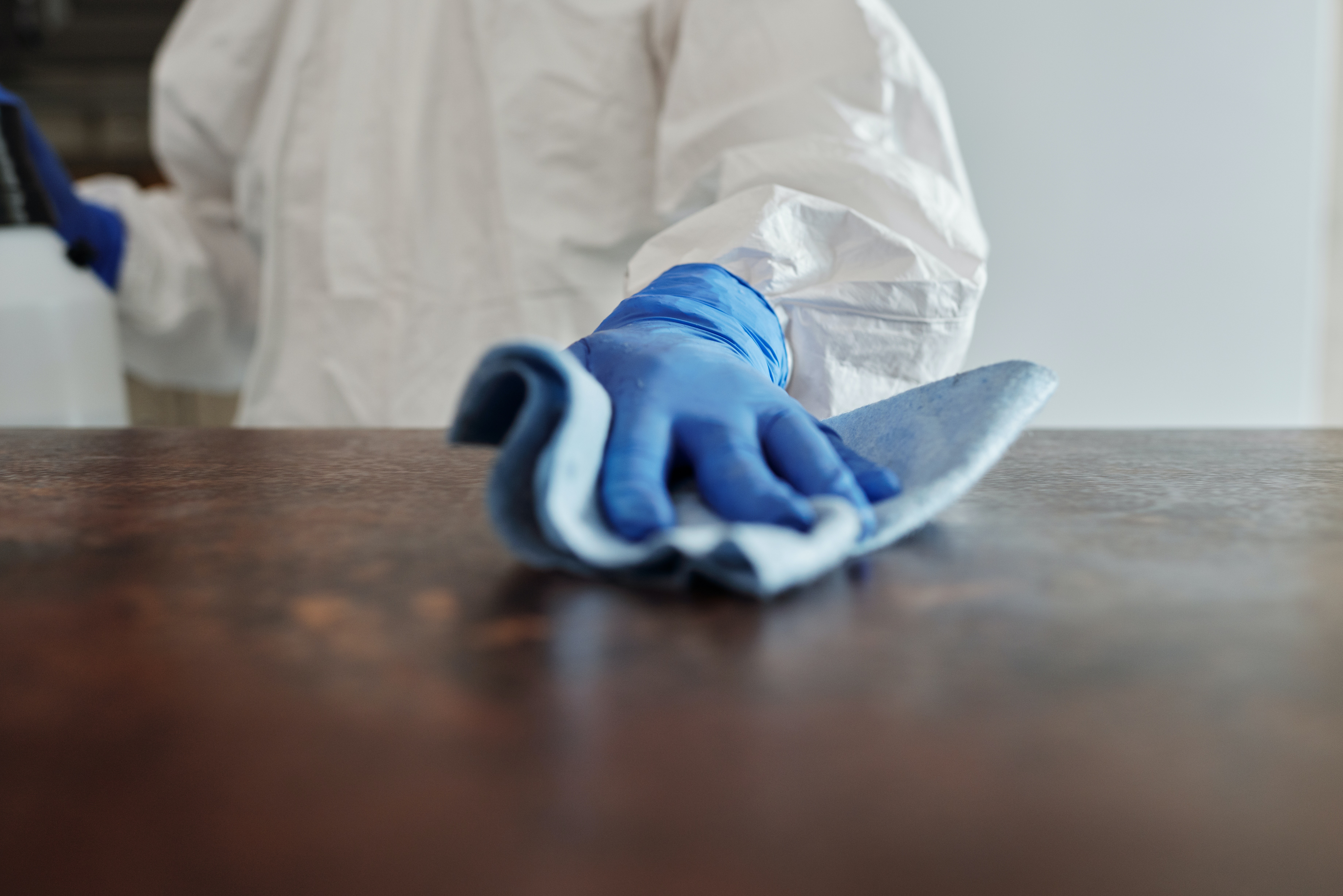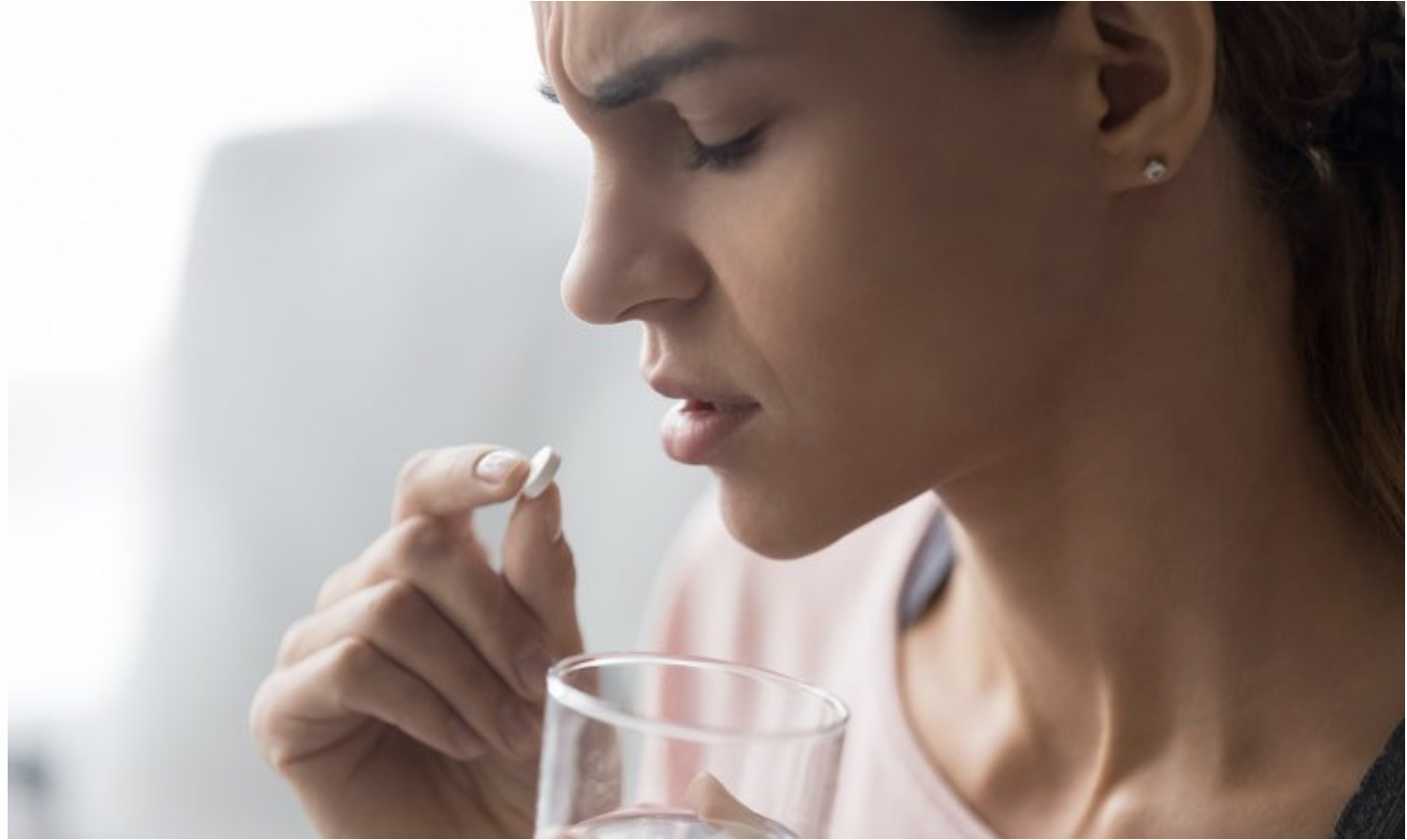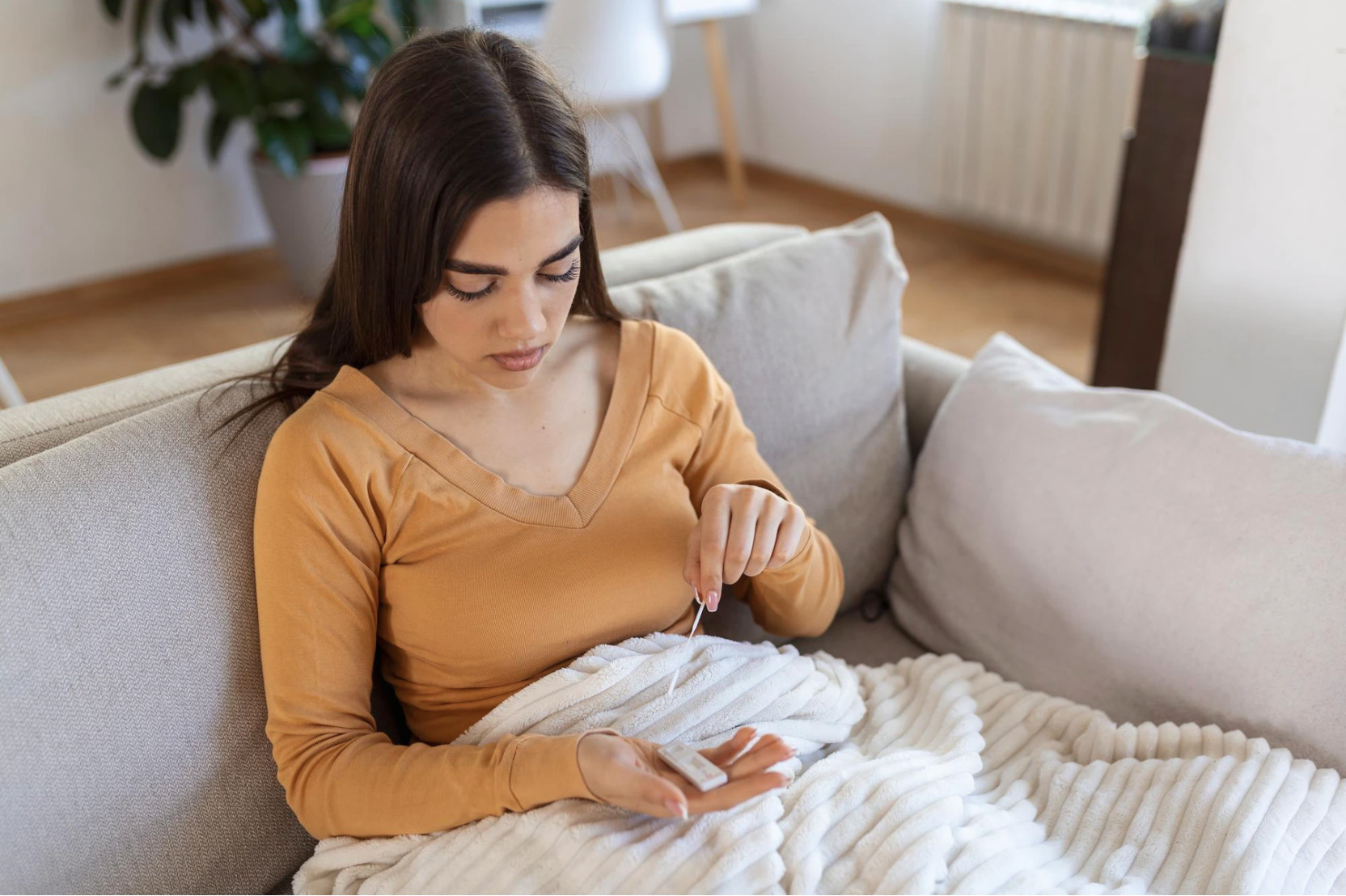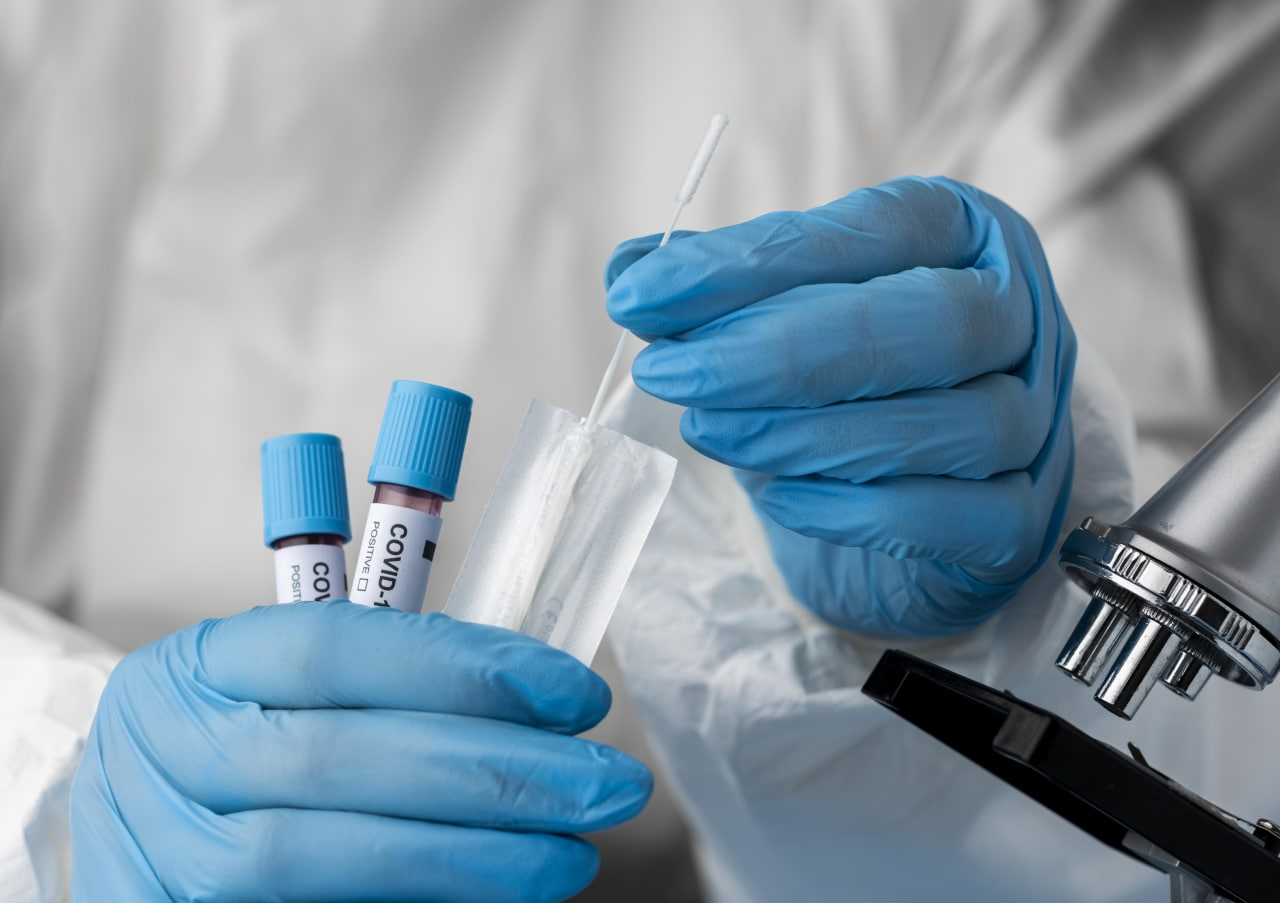Coronavirus virulence: how long COVID poses a threat to infection and how it spreads on surfaces
Coronavirus is carried by airborne droplets and contact, so all working surfaces in a pharmacy must be regularly disinfected in order to decrease the pathogenicity level, but how real is the risk of getting coronavirus from objects and surfaces according to nowadays researches?
Virus is a unique non-cellular agent, it ruines a host’s health without which he can’t exist normally. At the same time, it is unstable in the external environment.

What do we know about pandemic coronavirus behaviour?
During the first pandemic wave there was the opinion that SARS-CoV-2 causing COVID-19, survived and spreaded on surfaces continuously. This circumstance increased sales of sanitizers and disinfectants significantly. Private and amenity spaces, entrances and even streets have been regularly disinfected. Recent scientific studies confirm: the main transmission mode is airborne, so it is more dangerous for people to contact a virus carrier.
It is still necessary to wash your hands and clean surfaces but within reasonable limits. For example, thorough sanitizing store purchases and airing them outside for a few days are unreasonable. Apart from inefficiency, excessive cleanliness can fool people into thinking that they are protected. At the same time, they take less care about inhalation of viral particles that is the main infection mode. Nowadays, it is clear: practising social distancing is more effective than disinfecting surfaces with all kinds of sanitizers 15 times every day.
How long does COVID-19 survives on surfaces and remains dangerous?
It is assumed that SARS-CoV-2 lifespan on paper is up to 2 days, on glass and banknotes - up to 4 days, on stainless steel or plastic - up to 1 week and more than 7 days - on a mask. The colder a surface the greater the probability of dangerous particles settling is.
The Central Research Institute of Epidemiology in Russia latest researches revealed : only 0.2% washouts (from various surfaces and environmental objects in medical, commercial premises, water use facilities, transport infrastructure) were tested positive for coronavirus. There was no coronavirus in water and food. It confirms the instability of an infectious agent in the absence of a living organism
Is disinfecting banknotes reasonable?
The banknotes are one of possible sources of infection. According to the Australian Centre for Disease Preparedness specialists announcement, the coronavirus remains viable on banknotes for up to 28 days. At the same time, there is no point in using quartz or disinfecting the banknotes: the “virus database” will renew after subsequent contact with coronavirus carriers. At home, you can completely damage your savings, for example, if you put them into a microwave oven for disinfection.
Instead of that, it is reasonable to reduce banknotes usage for the benefit of plastic bank cards and cashless payment and also to take care of personal hand hygiene.
How long COVID-19 live in gadgets?
Apart from banknotes, coins and plastic cards, most people touch smartphones, ipads and other gadgets every day. According to the Commonwealth Scientific and Industrial Research Organisation (CSIRO) in Australia, conclusions, the coronavirus survives on these surfaces for 28 days at room temperature and shows greater resistance in the environment compared to the influenza A virus, which does not overcome the 17-day interval. The experiment was conducted in the absence of ultraviolet radiation, since direct sunlight inactivates the virus within 24 hours. To minimize the risk of infection, Rospotrebnadzor employees recommend wiping the laptop keyboard and other gadgets with a disinfectant after visiting public transport, public places and at the end of the working day. For this purpose, wet alcohol-containing wipes are suitable.
The most dangerous and risky places to visit during the pandemic
According to Chinese-American group of scientists research, the highest risk of coronavirus infection is intra-family communication. On the second place there are social relationships with relatives, visiting entertainment venues and cafes and restaurants.
At the same time, contact between patients and doctors carries the least risk of infection, thanks to the adoption of adequate personal protective measures in hospitals. The number of infected people increases during self-isolation and lockdown within the family, but decreases in society due to social contacts restriction.
How to avoid the infection inside your family?
- Distance elderly relatives and people with chronic diseases, weakened immune systems.
- In case of a family member infection, all family members must wear a face mask;
- Clean and disinfect surfaces regularly. In addition to the coronavirus, there are numerous equally dangerous infectious agents that can persist on taps, switches, door handles, etc.
- Use individual personal hygiene products: towels, washcloths, toothbrushes and personal dishes.
- Frequent ventilation of the room (5-10 minutes every hour), the use of a humidifier.
How to protect pharmacies from coronavirus?

The CDC’s Center of for Disease Control and Prevention has published the guidance of important rules for pharmacies during the pandemic:
- Use face covering
- Send home those staff who have fever or symptoms that may be due to COVID-19 until they have recovered
- Filling prescriptions (hand sanitizer containing at least 60% alcohol, developing the procedures to avoid handling paper prescriptions, possible home delivery of medications, etc.)
- Use strategies to minimize close contact between pharmacy staff and patients and between patients (engineering and controls, Clean of self-serve blood pressure units between customers, self-serve checkout registers and clean and disinfect them frequently, stop using magazines and other shared items in pharmacy waiting areas; administrative control);
- Reduce risk during COVID-19 testing and other close-contact pharmacy care services
- Provide adult vaccinations based on local conditions
Stay safe!
You can discuss any topic with us in Telegram chat







